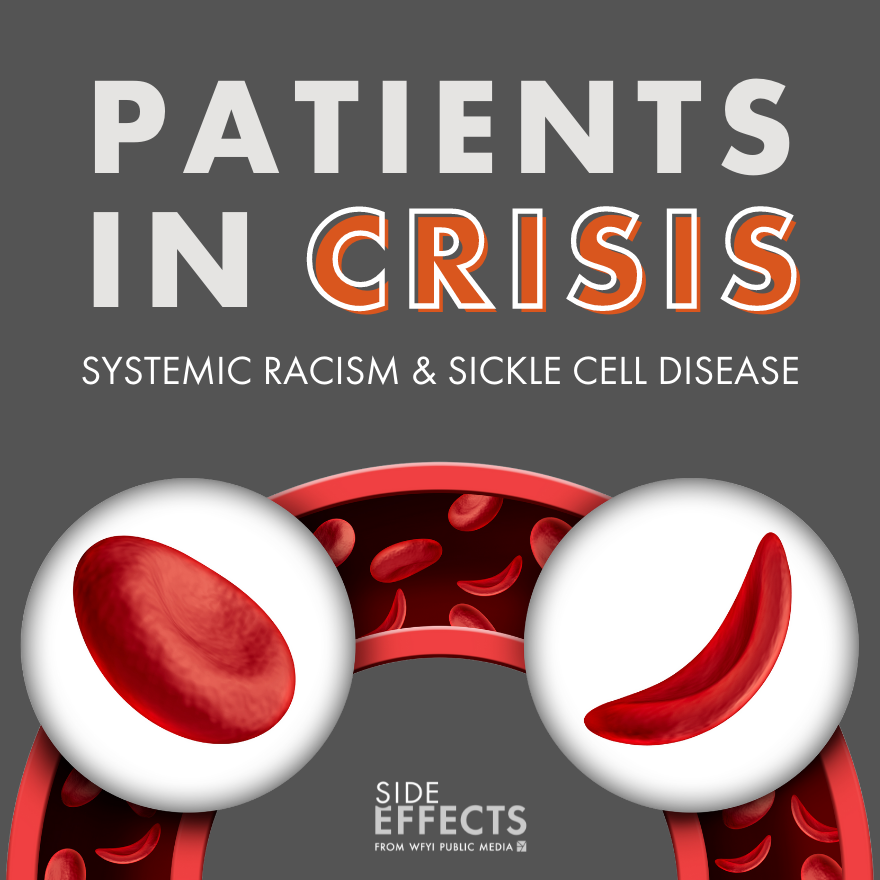Proposed cuts could leave a program meant to investigate instances of abuse against individuals with mental illness from harm at risk.
-
The White House budget proposal would roll back next year’s federal HIV prevention funding to levels not seen since around 1987.
-
Trump administration rescinded Biden-era guidance on emergency abortions, sowing confusion in states with abortion restrictions and bans.
-
A new pair of academic studies offers evidence that Medicaid saves lives. So, what's at stake if the major Medicaid reforms and deep cuts that were approved by House Republicans make it through Congress?
-
Federal lawmakers are considering adding Medicaid work requirements — meaning people would have to prove they work, volunteer, or go to school in order to receive health insurance. Experts warn that many people who already work will fall through the cracks.
-
Experts say the moderate gains in maternal mental health could be impacted by proposed cuts to Medicaid at the federal level.
-
Experts worry about the impact of cuts to Medicaid and public health on maternal and infant health.
-
American Lung Association warns that air pollution is worsening as EPA looks to rollback regulations.
-
Video games have come a long way. Some are pretty realistic, especially with virtual reality. Now, a group of researchers are hoping to incorporate this immersive gaming technology to teach people how to reverse an opioid overdose.
-
Work requirements led to thousands in Arkansas losing their Medicaid during the first Trump administration. Policymakers say they’ve learned lessons to avoid mistakes this time.
In each installment of The Checkup, the health reporting team at Side Effects Public Media explores a single question sparked by a recent news story, or maybe by one of our listeners. You can find every episode online, on the radio, or hear us on the WFYI News Now podcast.
Sickle cell disease is the nation’s most common genetic disorder, but is often overlooked when it comes to resources. Sickle cell researchers, physicians and patients believe these disparities exist – and persist – because of systemic racism. This reporting is supported by a grant from the USC Annenberg Center for Health Journalism’s 2022 Impact Fund for Reporting on Health Equity and Health Systems.















